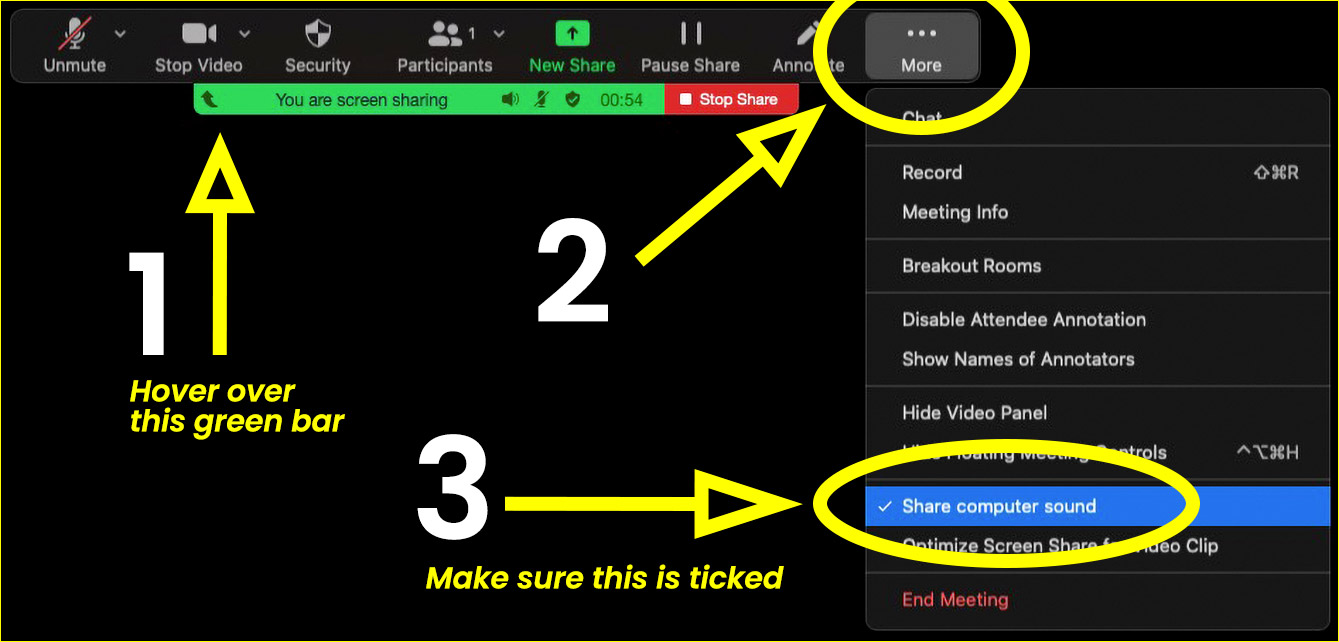As we ease into lessening restrictions on our movement and interactions, leaders are dusting themselves off and settling into the new normal of doing business in a remote work environment.
The goal is to bring teams together when physically they’re suburbs – or even whole countries – apart. So challenge yourself to consider the following 6 considerations for success in the remote environment as the first step in helping your team recover and recalibrate:
Start with what you’ve got
The first step is taking stock of exactly what’s going on today for your team. Identifying hidden issues and challenges – as well as those on the surface – is the first step in creating success. You can’t fix what you can’t see, so audit your team and the hidden dynamics before investing time and other resources into the wrong solution.
Learn to be an adaptive leader
Good leadership calls for understanding our own strengths and weaknesses to understand how we can best support others. In the remote context, we need to go one further, pairing emotional intelligence with practical approaches in managing and leading productive projects remotely while staying flexible to adapt to diversity and ambiguity.
Clear communication creates crisp clarity
Remote work leaves widening gaps for miscommunication, video conferencing fatigue and waning productivity. Help each member of the team first understand their own communication style, then understand the styles of others within the working group, and how they can work together to compromise and adapt to find a mutually-beneficial outcome.
Help the team get comfortable with being uncomfortable
Change is difficult for some, and even impossible for others. Take the time to equip your team with the skills to adapt to fluid ways of working so they can succeed in their own work, and in their role as a member of a productive team. Beyond the current climate, the ability to adapt to change is a key skill for all employees so attention here will pay dividends beyond covid-19.
Help your team thrive as individuals
Awareness and emotional intelligence are key skills, but never more so than in the remote environment when we’re relying on unusual cues to gauge emotions and hidden meaning. The first step in growing their emotional intelligence muscle is to help your team understand that self-awareness and self-regulation form the foundation. When we understand ourselves, we’re better equipped to understand others.
Motivation: Fighting the battle of Netflix
Working from home can be a challenge for even the most dedicated team member, with the allure of pyjamas, the couch and Netflix making a persuasive call. In the early days of covid-19 it was important to recognise that these were exceptional circumstances, further compounded by parents suddenly finding themselves in the role of teacher for their children. But as we relax into the new normal, it’s time to take the bull by the horns, identifying challenges and helping your team create an action plan for meeting work commitments and managing waning attention spans when the couch calls.

